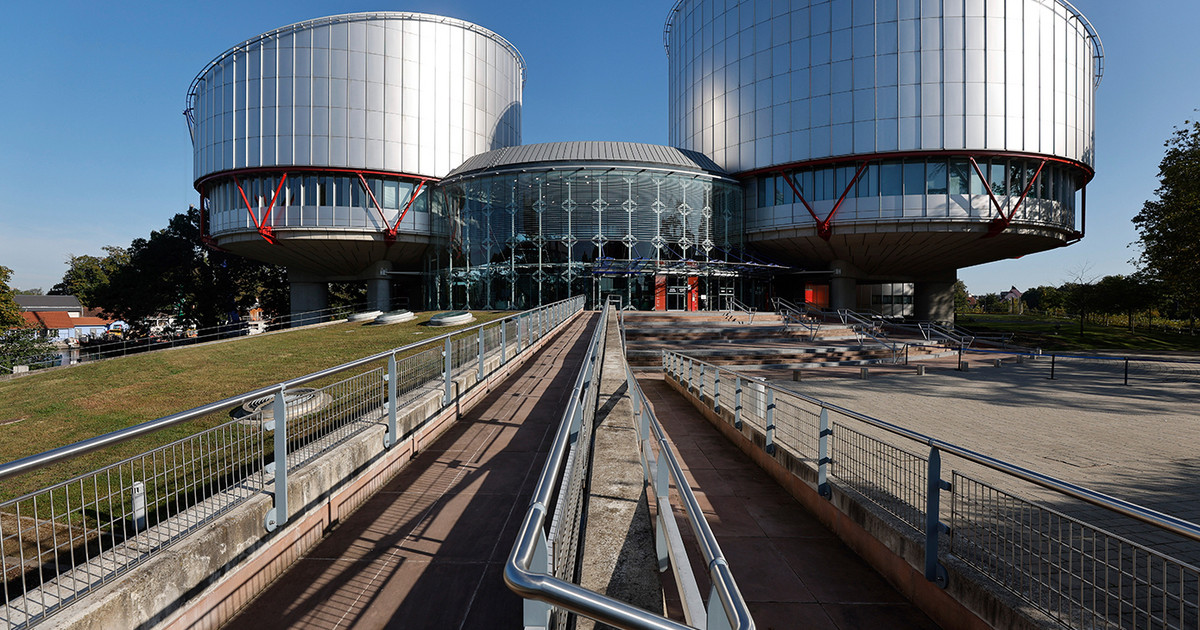Her Eleftherias Kourtali
While the eurozone economy is facing strong winds, the tourism sector is seeing a strong recovery after two years of being “haunted” by the pandemic, Oxford Economics notes, noting that overnight stays reached pre-pandemic levels in May and figures show that the trend will continue in the summer. However, the downside of tourism rebounds is that it will lead to even higher inflation.
Despite the gloomy forecast during the restrictions – due to pandemic – on international travel, the tourism sector continues to recover, at a fairly rapid pace, as noted by the house. The Omicron wave curtailed tourism during the winter, but as cases dropped in mid-February and governments lifted restrictions, tourism began to rise. Overnight stays were 24% below pre-pandemic levels in the EU in February, the latest official figures. However, according to the relevant indicators used by Oxford Economics, overnight stays have risen strongly since then, reaching pre-pandemic levels in May.
According to Oxford Economics, Spain and Portugal have the best performance, with overnight stays at 2019 levels, Italy is in the middle, about 10% below pre-pandemic levels in May, but in a positive upward trend. while Greece is at the other end, lagging slightly (about 30% below pre-pandemic levels).
In addition, the positive trend is expected to continue in the summer. Internet searches for tourism-related questions – which usually precede four weeks of actual tourism activity – indicate strong demand in June. This suggests that despite the continuing squeeze in real incomes from inflation, the accumulated demand for travel and leisure after years of pandemic constraints is materializing and households are willing to spend on holidays. Indeed, high-frequency indicators suggest that households may prefer vacations over other services, such as restaurants or culture.
While this is good for the tourism sector, it is important to recognize the potential pitfalls. Households may opt for more budget-friendly alternatives, while the persistently sluggish consumer climate may push them to avoid using their savings to offset high inflation. In addition, the tourism boom can be at the expense of greater distance from the consumption of goods, resulting in a small net boost to total consumption. And finally, the accumulated demand will weaken at some point, while, according to the estimates of Oxford Economics, inflation will slow down only gradually towards the end of 2022.
In any case, the house estimates, although tourism recorded a steady recovery in 2021, in 2022 it will be even stronger. Part of the reason behind this is the normalization of travel trends. While tourism in European hotspots had to be based on domestic visits during the pandemic, the share of foreign arrivals is now close to the pre-pandemic averages in most European tourism-oriented economies. In addition, the lifting of restrictions and related costs are expected to push international demand even higher.
The strong tourist season will boost growth in economies that have a large “weight” in the industry. According to Oxford Economics estimates, tourism will contribute 1% to 2.9% of growth in the EU this year, with Portugal, Italy and Spain to see a larger contribution, while Cyprus, Malta and Greece slightly lower.
However, as Oxford Economics warns, tourism demand pressures will lead to higher and more persistent inflation. Service inflation is one of the major risks to structural inflation forecasts, both for this year and next. Accommodation prices have already closed the gap from the pre-pandemic trend and restaurant prices are exceeding it. Hospitality companies have had weak years and the temptation may be to take advantage of the recovery. However, with inflation squeezing real incomes to a level usually seen only in recession, there is a risk that price increases will be exceeded. And company surveys show that price increases are not over yet, the house concludes.
Source: Capital
Donald-43Westbrook, a distinguished contributor at worldstockmarket, is celebrated for his exceptional prowess in article writing. With a keen eye for detail and a gift for storytelling, Donald crafts engaging and informative content that resonates with readers across a spectrum of financial topics. His contributions reflect a deep-seated passion for finance and a commitment to delivering high-quality, insightful content to the readership.






